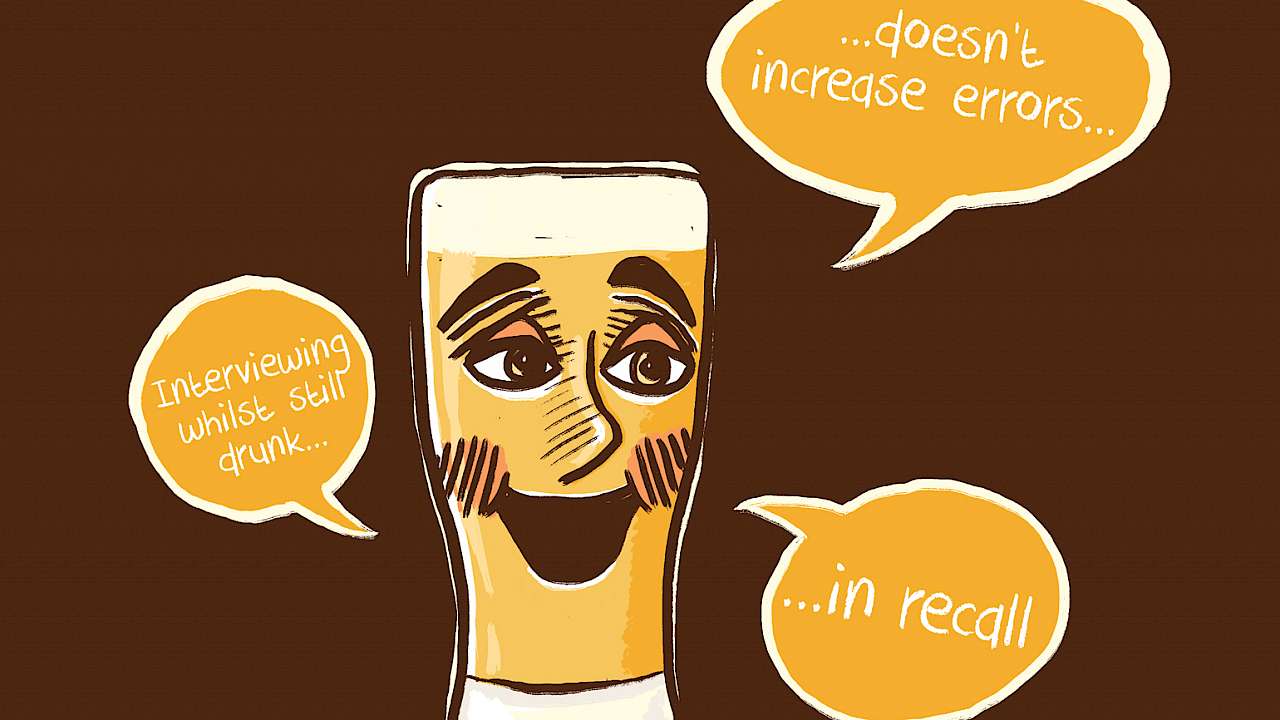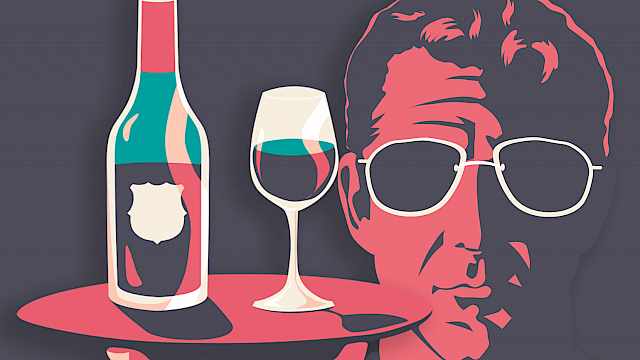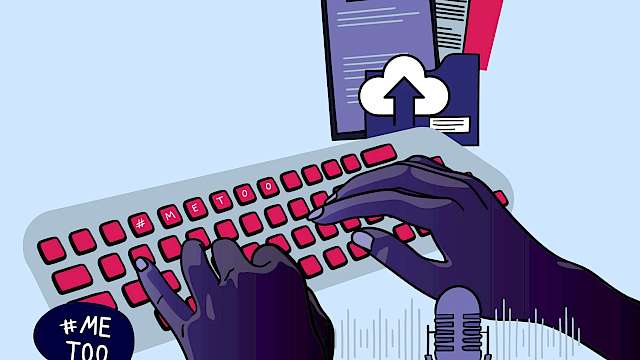In 2012 to 2014 the majority of violent incidents in public places in the UK involved alcohol. Half of perpetrators and one-fifth of victims were reportedly ‘under the influence’. So, what does alcohol-intoxication mean for the reliability of evidence?
Can informants, witnesses, and suspects provide accurate accounts of what they say if they were intoxicated during an incident? This is an important question as criminal investigations and prosecutions often rely on testimony by witnesses and victims who were intoxicated during the crime.
On the one hand, if alcohol impairs the ability to attend to, encode, and accurately remember a situation, perhaps information provided by an intoxicated informant should be discounted because it will likely be inaccurate. On the other hand, for some offences, such as rape, the vast majority of victims will have been intoxicated during the crime. If these cases are to be prosecuted, investigators will have to have to rely to some extent on information given by people who were drunk.
There has been little to no guidance about whether and how to conduct investigative interviews with people who were intoxicated when they observed an incident. Where alcohol is mentioned in investigative interviewing guidance, interviewers are cautioned that people who were under the influence of alcohol during the crime will be prone to ‘filling in the gaps of their memories’, which suggests that their testimony will be inaccurate.
Although it has been argued that it is a matter of common sense that alcohol will decrease the accuracy of testimony, there has been very little relevant evidence to address the question until recently.
Alcohol affects the quantity, not the quality of recall
Recent research on eyewitness memory studies on alcohol shows a consistent pattern emerging: Participants who were intoxicated when they witnessed a mock crime provide less complete accounts, recalling less information about the crime than their sober counterparts.
Importantly though, the accuracy of the information recalled does not differ depending on whether participants were under the influence of alcohol when they witnessed the crime. In addition, free recall accuracy rates are remarkably high, ranging from 71–97% for those who were under the influence of alcohol when they witnessed the mock crime and 74-97% for those who were sober.
In these studies, the blood alcohol content is usually similar to the UK drink-drive limit (.08%) but can be as high as .17% (at which stage people start to slur and stagger). The findings align with other eyewitness recall studies, which have shown that witnesses make few recall errors unless improper interview tactics are used (such as asking leading questions).
Witnesses make few recall errors unless improper interview tactics are used (such as asking leading questions)
Why do intoxicated witnesses not make more errors?
One possibility is that witnesses choose to report information only when they are relatively certain that it is likely to be accurate. Consequently, people who were intoxicated when they observed an incident withhold reporting information if they think it is likely to be incorrect. This decreases the overall quantity, but not the accuracy, of the information reported by intoxicated compared to sober people.
Researchers have also investigated the effect of alcohol in relation to a number of other factors, such as interview delay and suggestibility.
A key question for investigators is whether it is better to wait until an intoxicated witness has sobered up before interviewing them, or whether it is better to interview them as soon as possible before forgetting occurs.
Studies have found that the information provided by people who are interviewed immediately after witnessing a mock crime, while they are still drunk, is not more prone to error compared to that of sober people. Further, compared to a delayed interview, a relatively early interview results in greater memory accuracy over time, regardless of whether participants were intoxicated during the crime. Recent research has also found that witnesses who were intoxicated compared to sober during encoding are no more likely to incorporate misleading information into their testimony.
However, there is some evidence that when witnesses are pressed for information and asked leading questions, those who were intoxicated compared to sober during encoding are more likely to be influenced and report erroneous information. Such findings underscore the necessity of using proper investigative interviewing with intoxicated informants, witnesses, and suspects.
Further studies are underway to better understand the effects of alcohol on how memories are encoded and recalled and more research is warranted with higher doses of alcohol. However, provided that non-leading questions are asked, research to date indicates that informants who were under the influence of alcohol when they witnessed a critical incident will report less information overall than those who were sober, but they will not recall more erroneous information.
Read more
- Jacqueline R. Evans, Nadja Schreiber Compo & Melissa B. Russano. 2009. Intoxicated witnesses and suspects: Procedures and prevalence according to law enforcement. Psychology, Public Policy, and Law, 15: 194–221. Available at: https://goo.gl/HkgXRh
- Angelica V. Hagsand, Emma Roos af Hjelmsäter, Pär Anders Granhag, Claudia Fahlke & Anna Söderpalm Gordh. 2016. Witnesses stumbling down memory lane: The effects of alcohol intoxication, recall format, recall time, and repeated interviewing. Memory, 25, 531–543. Available at: https://goo.gl/AcVk4z
- Francesca Palmer, Heather D. Flowe, Melanie K. T. Takarangi, & Joyce E. Humphries. 2013. Intoxicated witnesses and suspects: An archival analysis of their involvement in criminal case processing. Law and Human Behavior, 37: 54–59. Available at: https://goo.gl/Lon3VA
Copyright Information
As part of CREST’s commitment to open access research, this text is available under a Creative Commons BY-NC-SA 4.0 licence. Please refer to our Copyright page for full details.
IMAGE CREDITS: Copyright ©2024 R. Stevens / CREST (CC BY-SA 4.0)






